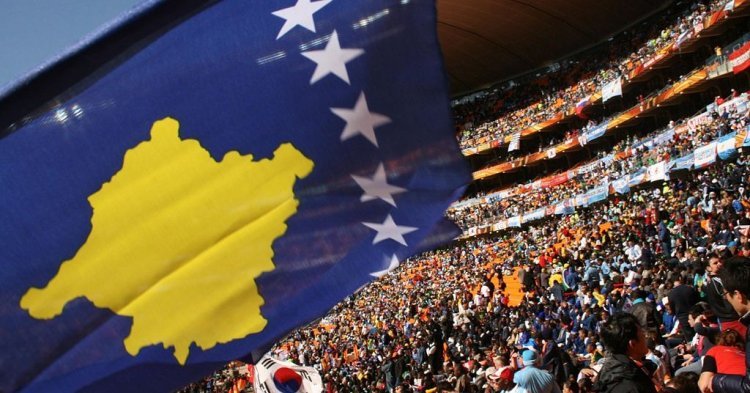This text is written and published as part of the Democracy Under Pressure Campaign of JEF Europe
Kosovo is a young country and a young democracy. Notwithstanding, since its declaration of independence in 2008, it has made important steps towards building well performing democratic institutions, according to the Global State of Democracy Initiative. In fact, in the past 5 years Kosovo was the Western Balkan nation that improved the most in the four categories of Representation, Rights, Rule of Law and Participation. Despite this, critical structural issues persist, preventing Kosovo from becoming a well consolidated democracy.
The unresolved issue of the Serb-majority municipalities
Integration between the Kosovo Albanians (around 92.9 per cent of the population) and the Kosovo Serbs (around 5 per cent of the population) has remained a contentious issue ever since Kosovo’s independence from Serbia. Despite the many constitutional rights and protections awarded to the Serb-minority in Kosovo’s constitution, Serbia continues to maintain enormous influence on the Kosovo Serbs, who are mostly concentrated in the Northern municipalities which border Serbia. In fact, these municipalities are characterized by a unique system of governance where parallel bureaucratic structures (to the official Kosovo ones) continue to exist and are mostly funded by Serbia. Moreover, despite the agreements reached through the EU facilitated Belgrade-Pristina Dialogue, Serbia has yet to recognize Kosovo, and Kosovo has yet not created an Association of Serb Municipalities, which would lead to the abolition of the parallel structures in exchange for greater autonomy (both are preconditions to Serbia’s and Kosovo’s entry into the EU).
The most recent flare-ups.
2023 was rich in tensions. On the 23rd of April, Serbs in the Northern municipalities largely boycotted local municipal elections, leading to a turnout of only 3.5 per cent, and to the election of one ethnic Bosniak and three ethnic Albanian mayors. The boycott was called by the local leading party, Srpska List (Serb List), which is known to have very close ties with the Serbian government. Violence ensued when the newly elected mayors attempted to enter their offices escorted by the police. Violent protestors attacked and injured journalists and NATO peacekeepers and vandalized their vehicles by drawing the “Z” symbol used by Russian forces. As a response, Serbia’s president Aleksander Vučić put the Serbian army in combat alert and moved the forces close to Kosovo’s border whereas NATO sent more troops to control the situation. In this context, the Kosovo government received international condemnation for its decision to forcibly access municipal buildings, which caused the escalation, and received sanctions from the EU and the US. Following the international pressure, the Kosovo government agreed to reduce police presence in the north and agreed to support the holding of new elections. Despite this, almost one year after the events took place, the elections have still not been held.
What should be next to consolidate democracy in Kosovo?
Democracy in Kosovo can be consolidated only if both Kosovo and Serbia agree to take the necessary measures from now onwards. First, Kosovar Serbs need to gain confidence in the Kosovo government. This requires action by both Serbia and Kosovo: if Serbia continues to instrumentalize its influence over the northern municipalities in order to foster division and tensions, full democracy can never be consolidated in Kosovo; at the same time, the Kosovo government must do what it can to gain the trust of the Kosovo Serbs, and a good way to start would be by calling new elections in the northern municipalities, which will have greater legitimacy. This is also part of something bigger. If Kosovo and Serbia are to join the EU, this can be done only if both parties respect the agreements which they reached in the context of the EU-facilitated dialogue. This means that Serbia should recognize Kosovo’s independence, and Kosovo should actively work towards the creation of the Association of Serb-majority Municipalities.
It is also important for the EU to continue working for the normalization of relations between Serbia and Kosovo, which can create stability in the Western Balkans and contribute to the consolidation of peace and Democracy in Europe. To make this possible, the EU should also resolve its own internal differences, where five EU member states still do not recognize Kosovo, which decreases confidence in the EU as an honest broker. Finally, a call for European Federalists: we must continue to raise our voices, and we must continue to cooperate with local civil society organizations, to put pressure on national governments to take the necessary action to ensure peace, stability, and Democracy in Kosovo and beyond.

Follow the comments: |
|
